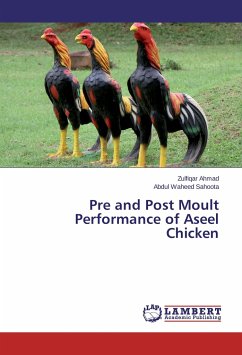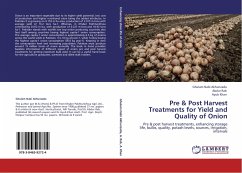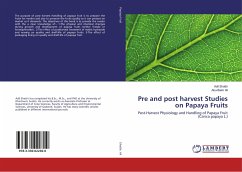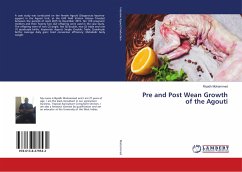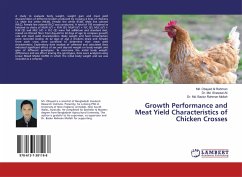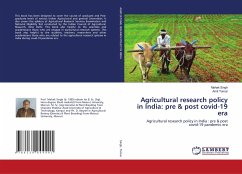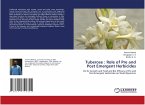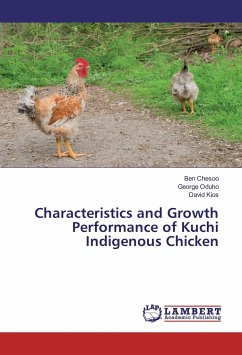Aseel is an important indigenous poultry breed in Pakistan mainly kept in rural areas for cock fighting, however it has great inhherent potential for meat production as it is considered to be the forbearer of the cornish breed which has contributed as as the mail line in the development of modern day broiler. Aseel are characterized with heavy body weight, but possess poor egg production potential and are maintained in rural areas as free range poultry as a main source of organic meat. However, no attempt has yet been made to investigate pre and post moult effect on production efficiency,egg quality and geometry, hatching performance and meat characteristics in different varieties of Aseel chicken during different age periods. Keeping this in view ,the present study was conducted with the objective to promote health, generate income of small scale rural poultry, not only as an excellent source of animal protein foods, but also its role in poverty alleviation among rural masses. Aseel has ability to resist common diseases and able to withstand adverse climatic conditions.
Bitte wählen Sie Ihr Anliegen aus.
Rechnungen
Retourenschein anfordern
Bestellstatus
Storno

